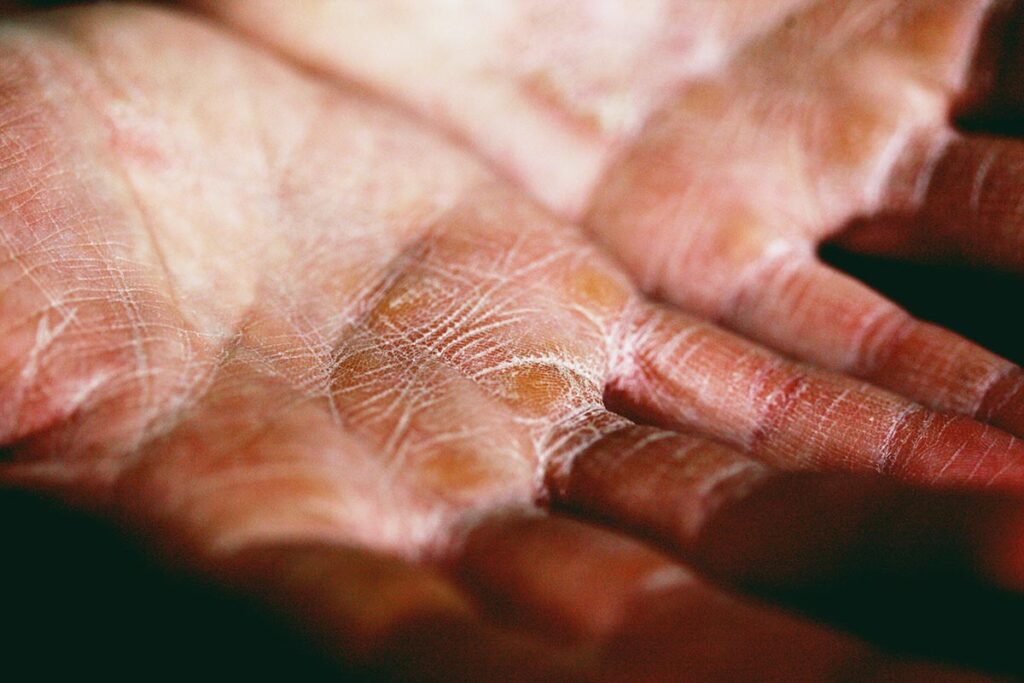
If you or a loved one is drinking heavily or regularly, quitting is often pitched as the way to go. “Cold turkey” means stopping all at once, letting the withdrawal symptoms work their course, and treating it as being sick. Then, without the chemical dependence, you’ll theoretically be in a better place to either cut back or to practice abstinence as part of your daily life. You can just quit, right? That’s what thousands of us hear every day from our loved ones. And, for an estimated 28.9 million Americans, finding some way to quit and to get over an alcohol use disorder is an important part of getting your life back.
Unfortunately, cold turkey is often a bad idea, especially if you don’t have treatment immediately following it up.
Alcohol is a complex solution that interacts with your central nervous system and the brain. When you quit suddenly, you risk seizures, you risk dehydration, you risk mental health complications, and you risk not learning the coping mechanisms you need to stay sober afterwards. That will put you at further risk, meaning you could end up worse than you started.
Still, getting clean and sober is important to your health, to your ability to get your life back, to your relationships, to your family, and to your career.
What is Cold Turkey?
Cold turkey means quitting all at once and stopping alcohol consumption. For a light user, that means you’ll have a few days of noticing you’re not drinking. Habit will be the biggest thing that comes into play. But, for anyone who heavily drinks, you’ll have a significant period of withdrawal.
For most that means an alcohol withdrawal timeline of:
- 6-12 hours after your last drink – you’ll notice a headache, stomach pains, poor appetite, nausea, and potentially feeling like you could use a drink.
- 12-48 hours – you’ll start to experience what feels like a heavy cold or flu with body pain, lethargy, vomiting, sweating, and more. In severe cases with complications, you could start having hallucinations and seizures at this point.
- 48-72 hours – most people experience a heavy fever, sweating, confusion, accelerated high rate, high blood pressure, and potentially seizures and hallucinations.
- After 72 hours, physical withdrawal symptoms will continue to abate, sometimes taking as long as 2 weeks to vanish completely. However, mental symptoms of cravings, anxiety, and itching for a drink will last and might not go away for years.
Cold turkey means dealing with all of this yourself, without medical support, and with no one there to recognize when and if things go wrong that need treatment.
Get Your Questions Answered
Our expert & caring staff on site are available 24/7. Call us today.
What Can Go Wrong with Quitting Alcohol Cold Turkey?
Quitting alcohol cold turkey means putting yourself at risk of severe health complications, mental health complications, and a longer-term risk of relapse.
- Dehydration – Dehydration is a serious risk that can cause health problems including organ damage. You’ll experience severe dehydration over withdrawal which means that it’s important to drink fluids.
- Seizures – Most people who drink heavily experience at least some seizures as they withdraw. In a hospital setting, that’s treated with muscle relaxers and monitored to ensure it’s not developing into anything more serious.
- Delirium Tremens – Delirium Tremens occurs in up to 15% of patients withdrawing from alcohol. With early detection and treatment, expected mortality is 1% or less. Without treatment, mortality can be as high as 30%.

- Mental Health Impacts – Withdrawing from alcohol without mental health support or medication to reduce symptoms can be traumatic. Many of us experience seizures, extreme anxiety, paranoia, hallucinations, and confusion during withdrawal. That can be traumatic and can result in trauma, PTSD, and needing something to cope with the experience.
- Relapse – Withdrawing in a medical environment means getting either medication or support with the withdrawal. Without that support, you’ll lack the additional coping mechanisms to avoid alcohol later. This means you’ll be more likely to relapse. In addition, with your alcohol tolerance lowered by not drinking for some time, you’ll be more likely to drink over your tolerance limit, increasing risks of alcohol overdose and death.
Essentially, there are a lot of things that can go wrong when you quit alcohol on your own.
Alternatives to Quitting Alcohol Cold Turkey
There are plenty of ways that you can quit alcohol without going cold turkey. In every case, it’s a great idea to start out by talking to your doctor and getting advice on next steps, your insurance, and what kind of help you need.
- Tapering Schedule – Gradually slowing your alcohol intake to the point where you’re able to quit cold turkey is a tactic. However, it should normally only be done under significant medical supervision, because if most of us had that kind of control, it wouldn’t be a problem to quit to begin with.
- Medical Detox Programs – Medical detox programs typically use benzodiazepines to reduce seizures and side-effects of withdrawal. Most also use medications including acamprosate, disulfiram, naltrexone, and nalmefene to reduce alcohol cravings, by causing unpleasant physical reactions to drinking, by blocking alcohol from taking effect (This can be extremely dangerous in individuals who haven’t had therapy and treatment), or you can’t stop drinking on your own and need help.
- Therapeutic Support – There are many sober detox programs that offer therapeutic support during detox. This normally means you’ll go through withdrawal without medication unless you end up having symptoms that require it. Instead, you’ll detox as you would at home, but with therapy, mental health support, and counseling to get you through – and a nurse on hand to intervene if you start to show dangerous complications.
All of these options are a precursor to substance abuse treatment including cognitive behavioral therapy and counseling. Detox is not a replacement for therapy, and often you’ll have to detox before you move into a rehab program.
When Can You Quit Alcohol Cold Turkey?
In some cases, it’s okay to quit alcohol cold turkey. For example:
- You are a “light” user and drink 3 or fewer alcoholic beverages per day and will be heading into a rehab or treatment facility immediately afterwards
- You’re doing so in a clinic with medical supervision in case something goes wrong
- You’ve talked to your doctor about the risks and have decided that it’s safe for you to try cold turkey
Otherwise, you shouldn’t be quitting cold turkey.
Getting Help with Alcohol Use
If you or a loved one is drinking too much, you’re not alone. More than 10% of the American population qualifies for having an alcohol use disorder.

If you’re struggling, you need counseling, therapy, and help quitting alcohol in a way that is safe for you now and in the long-term. That means getting medical treatment, therapy, and counseling during withdrawal, so you don’t experience potentially life-threatening complications, trauma, or end up relapsing because you don’t have the tools to stay sober. That means learning emotional regulation, how to cope with stress, how to build a stable foundation for your daily life, and where to look for self-soothing and feeling better without turning to alcohol.
Substance use disorders are a serious disorder and they do need medical help. Treatment and therapy can help give you those tools, so you can stay sober after quitting.






